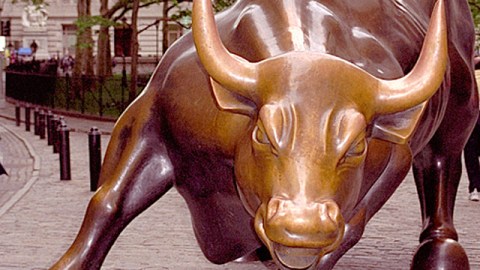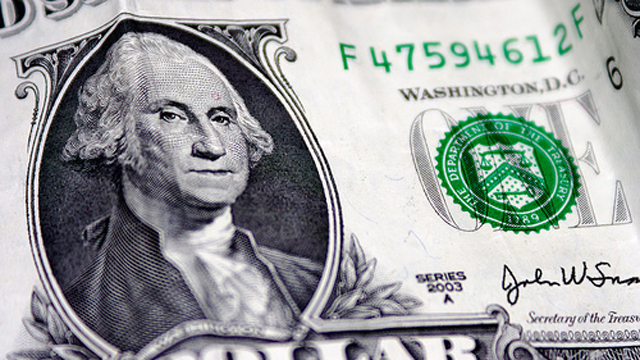Robert Engle Explains the Upside of Collateralized Debt Obligations

What is a collateralized debt obligation (CDO) anyway? And why did it get the United States into so much trouble? According to NYU economist Robert Engle, CDOs are “wonderful creations” that help financial experts more or less continuously choose how much risk they want to take when investing in a batch of securities. “The reason why they got us into so much trouble,” says Engle, “is that it’s hard to figure out how much risk you really are taking.”
Engle knows all about risk; in 2003 he won the Nobel Memorial Prize in Economic Sciences, sharing the award with Clive Granger, for developing new statistical models that capture the tendency of stock prices to move between high volatility and low volatility. In his Big Think interview, Engle blames the financial crisis first on risk managers, investment bankers and investors who failed to recognize how much risk there was in the securities they purchased; and second, on how well these same people were paid to ignore the risks they were taking.
Will financial regulation help curb excessive risk taking on Wall Street? Not anytime soon. “We’re fooling ourselves if we think that regulators are going to be able to outsmart the bankers,” says Engle. However, he congratulates Barney Frank on recognizing what needed to be done to fix systemic issues in the financial system. In contrast to Alan Greenspan, who had “no appetite for regulating risk,” Engle says Frank has done a stand up job of raising capital requirements and scrutinizing banks the way regulators should have been all along.
Now Engle hopes the government will turn its attention toward energy. “I’ve been pushing for some kind of a carbon tax for years, and it seems to me we’ve had lots of opportunities to do it,” says Engle, “Today, we’re terribly worried about the size of the budget deficit…Why not put a tax on carbon emissions? It would raise a lot of money, it would reduce the environmental damages in the future, it would solve so many problems, and it would be a much more constructive thing to do than to think about raising the income tax.”





